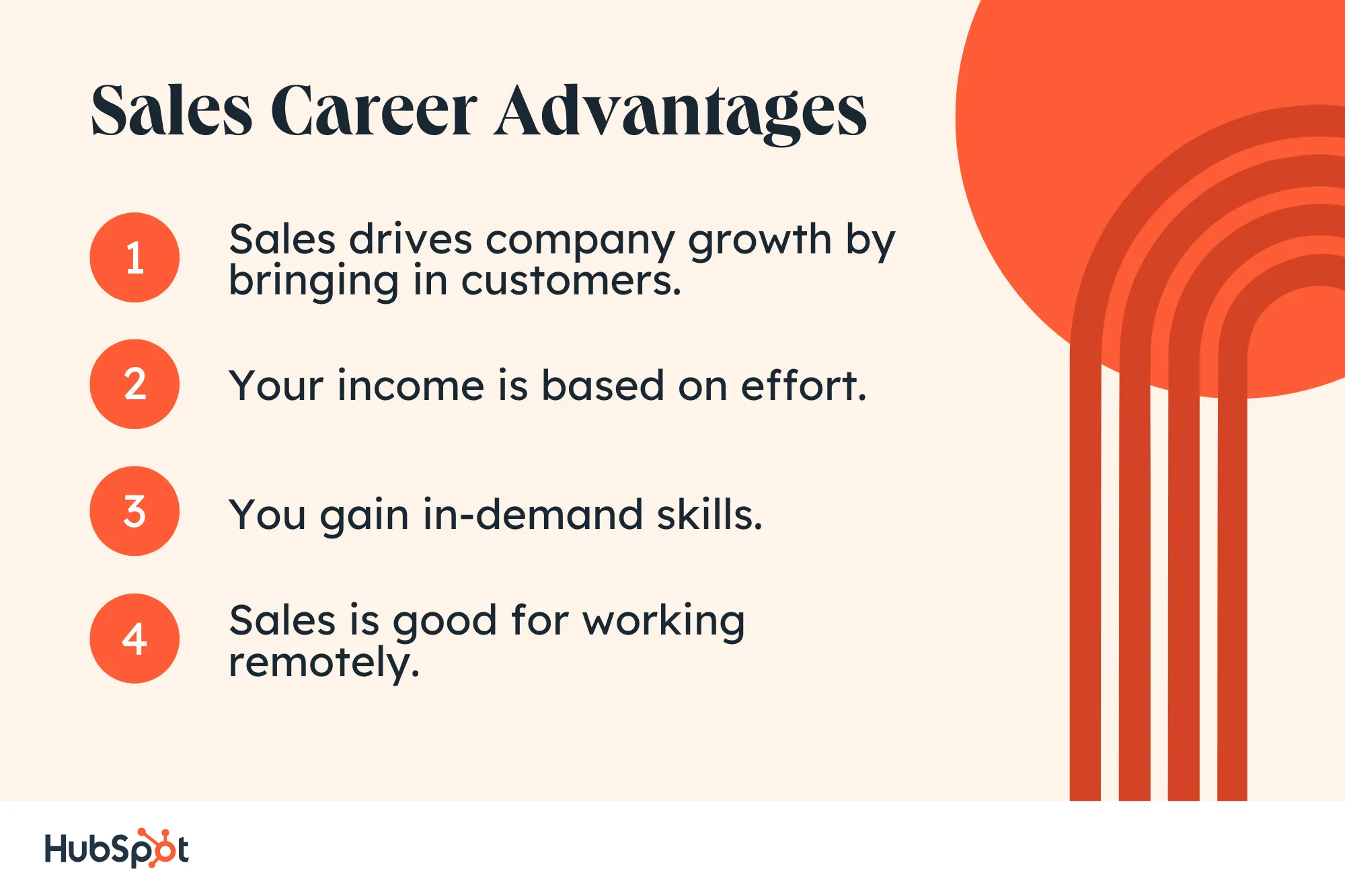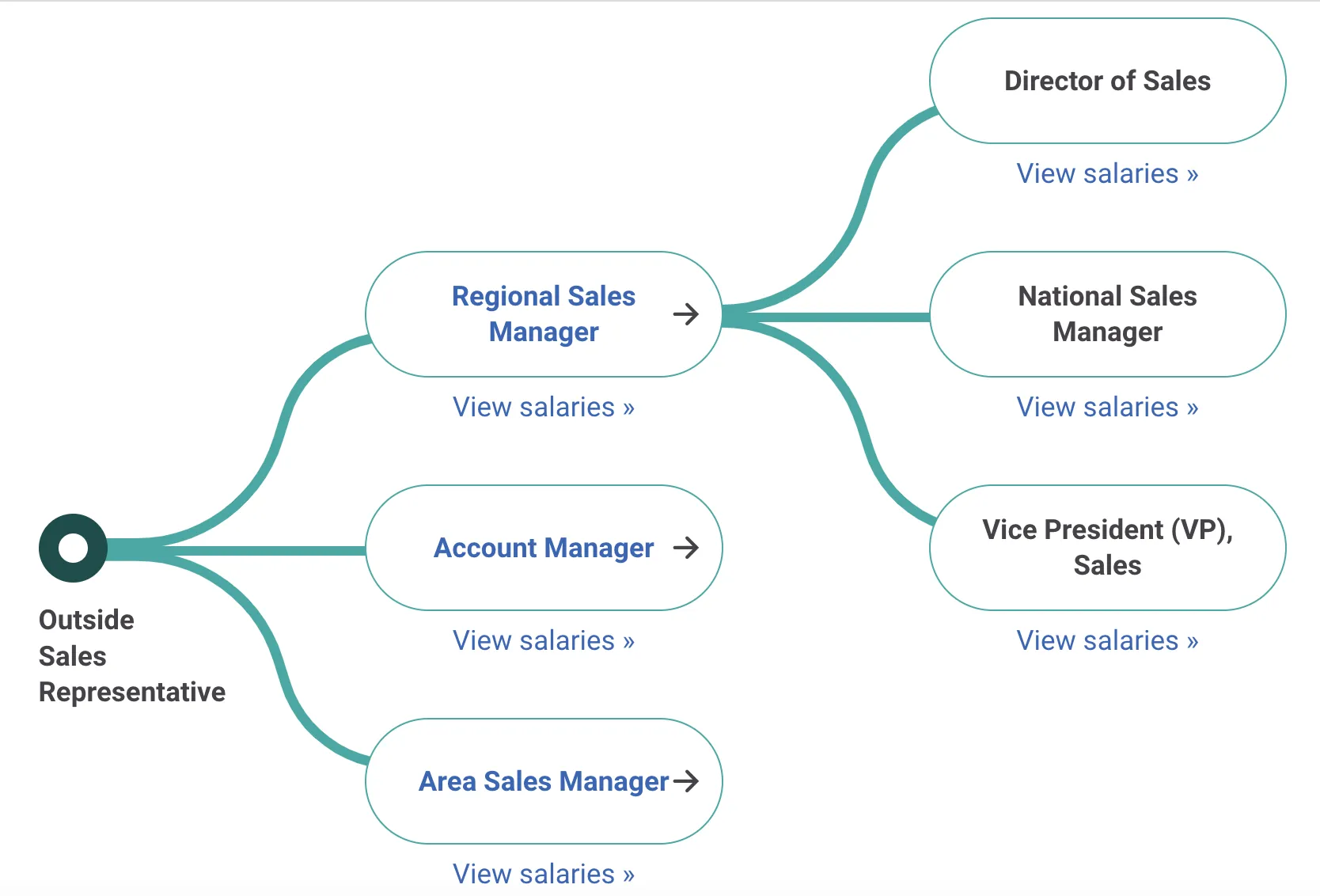So, you’re thinking about “independent entertainment sales,” huh? Sounds cool, right? Be your own boss, sell your own stuff. That’s what I thought too, way back when I first dived into this mess. Let me tell you, it’s not all sunshine and rainbows. It’s mostly just… a lot of work you didn’t sign up for.
I had this idea, see. A little game. Nothing fancy, just something fun I cooked up in my spare time. Poured months into it, maybe a year. The creative part? Loved it. Felt like a real artist, you know? Then came the “sales” part. And boy, did that knock me on my butt.

Trying to Sell the Darn Thing
First, I thought, “Easy, I’ll just put it on one of those big online stores.” You know the ones. Everyone uses them. So I went through their whole submission circus. Forms, guidelines, waiting for approval. And the cut they take! A big slice of every sale. Okay, fine, they host it, they handle payments. But then what? My game was just a drop in a massive ocean. Thousands of other things coming out every week. How’s anyone supposed to find my little gem?
- They say “market your game,” but they don’t tell you how much that actually costs.
- Or how you’re competing with folks with huge budgets.
- Visibility? You pretty much have to buy it, one way or another.
I remember spending weeks just trying to understand their backend analytics. Looked like rocket science to me. And customer support? Good luck getting a real person if something goes wrong. It felt like I was shouting into a void.
So, I figured, “Screw this, I’ll sell it myself! On my own website!” More control, right? Keep more of the money. Yeah, well, that was a whole other can of worms. Suddenly I’m a web developer, a payment processor expert, a customer service rep, and a digital security guard, all rolled into one.
Setting up payments? A nightmare. So many different services, all with their own fees and complicated rules. And then you gotta worry about taxes, VAT for different countries… my head was spinning. And guess what? You still gotta market the hell out of it, ’cause nobody knows your website exists unless you tell them. Over and over again.
I even remember this one time, I spent like two months and a good chunk of my savings on this marketing push I thought was super clever. Got some small-time internet folks to talk about my game. Sales went up a tiny bit for a week. And then… crickets. Back to nothing. That was a tough pill to swallow. All that effort for almost zero real return. It really made me question if I was cut out for this “independent” life. Because “independent” often just means “alone and broke.”
It’s not like those big companies, you know? They got teams for everything. Marketing, sales, legal, support. When you’re indie, you are the team. All of it. And when one part fails, it all comes crashing down on your shoulders.
What I Learned (The Hard Way)
What did I learn from all this? Well, for starters, making the actual “entertainment” part is maybe only 30% of the job if you’re going independent. The other 70% is this grueling sales and marketing slog. It’s not very glamorous.

And those platforms? They’re not your friends, not really. They’re businesses. They do what’s best for them. You’re just a tiny cog in their machine. Sometimes you get lucky, sure. But mostly, it’s a grind.
You learn to be resourceful, though. You have to. You learn a bit about everything because there’s no one else to do it. I can now hold a semi-intelligent conversation about digital payment gateways. Never thought that’d be a skill I’d pick up making games.
Would I do it again? Ha. Ask me on a good day. The truth is, “independent entertainment sales” sounds like freedom, but it’s often just trading one boss for a thousand tiny, invisible ones. Your customers, the algorithms, the platform owners. It’s a tough gig. If you’re going in, go in with your eyes wide open, a thick skin, and maybe a small loan you can afford to lose. Because it’s a gamble, every single time.














